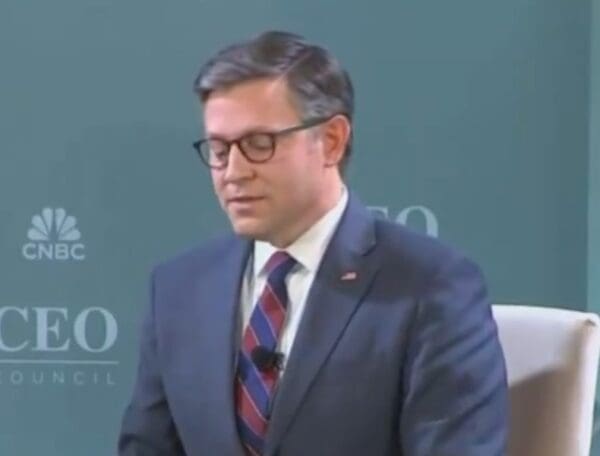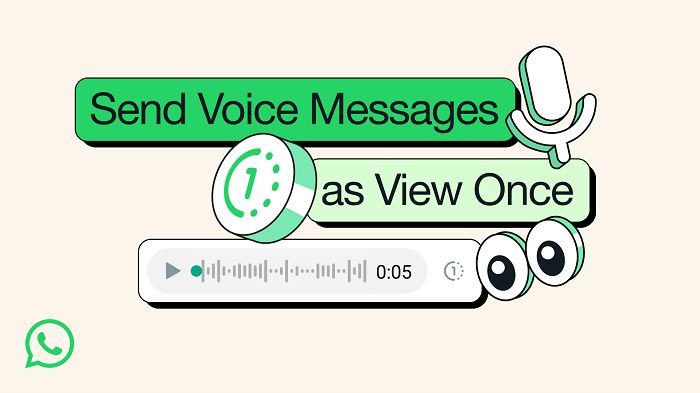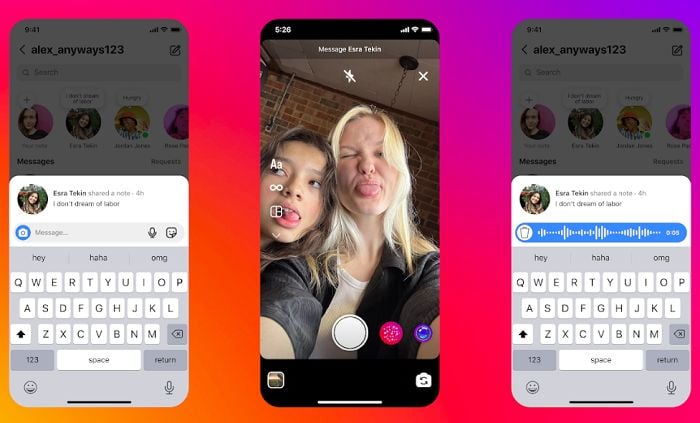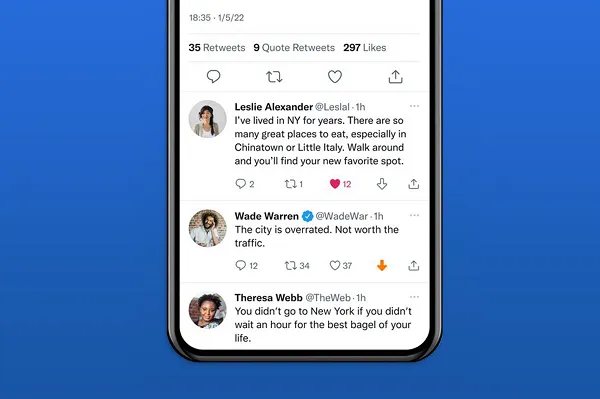Do you consume more video content on your TV or on your mobile device?
This used to be a fairly easy question to answer, with most of our entertainment inputs coming from the biggest screen in our homes. But now, given the broader accessibility of video content online, more and more people are consuming more and more of it on their mobile devices, to the point where there’s likely no clear winner overall.
To dig deeper on this, Snapchat recently partnered with market researchers Dentsu and Kantar to get a better understanding of how much Snapchat’s audience is engaging with mobile video content, and for what reasons they turn to the big or small screen. Which could have implications for your marketing planning, though it is important to note that the study was conducted with Snapchat users specifically, not the general public.
First off, the research shows that mobile consumption is now the dominant video platform for this audience.
As per Snap:
“Although daily video consumption remains high across small screens (mobile) and big screens (TV), consumption on small screens is starting to dominate globally. Across the 8 markets tested, 67% of consumers watch video on their small screen daily, compared to 50% who watch on their big screen.”
I mean, that doesn’t account for time spent, making it a more binary comparison, but the bottom line is that more people are spending more time with mobile video, and that TV is no longer the clear winner.
The study also looked at why people turn to the big or small screen:
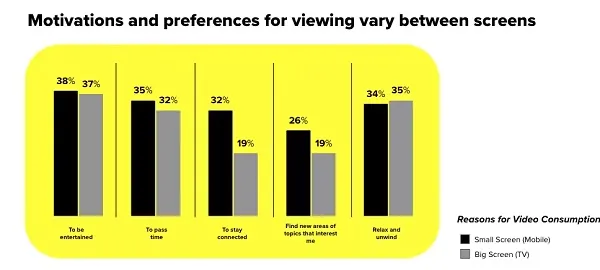

And interestingly (though somewhat logically), the data also shows that consumers give more attention to the smaller screen:
“With small screens, consumers are less likely to be distracted by other things/people, or have content on in the background, as they do whilst watching video on big screens. 69% of consumers say that when they play a video on their smartphone, they usually give it their full attention compared to only 50% who give TV viewing their full attention, further illustrating the importance of advertising on small screens to reach consumers, where they may be more receptive to media.”
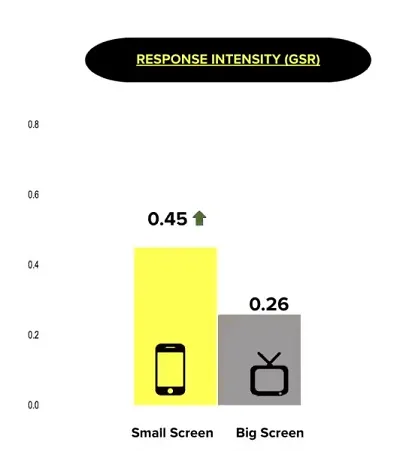

The research also looked at the impact of running ad campaigns on both the big and small screen, which found that a combination of both drove significant increases in recall and impact.
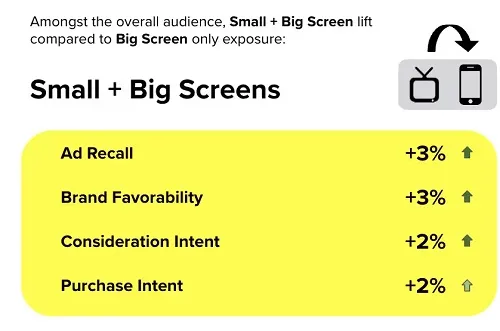

Which is no real surprise, though interesting that Snap hasn’t also listed “small screen” exposure in isolation in regards to these same measurements.
The essence of the research, then, is that marketers need to be aware of the increases in mobile video consumption when considering campaign spend, while you should also be factoring in mobile consumption as a complement to your TV ad campaigns.
I’m not sure that any of that is a major surprise overall, but it’s interesting to have more data to back up your assumptions and guide your thinking.
You can check out Snapchat’s full “big screen/small screen” study notes here.


